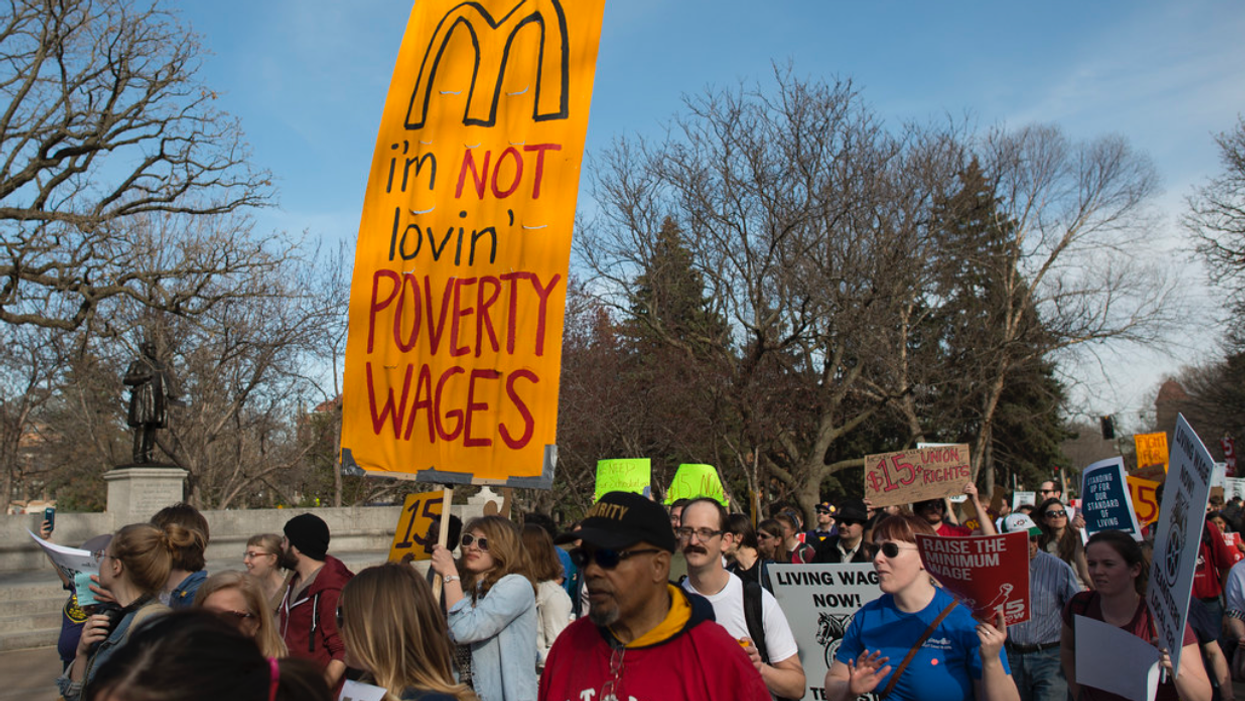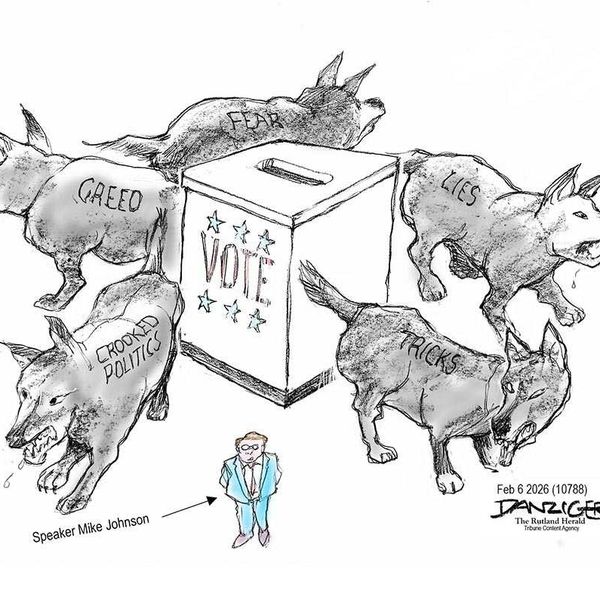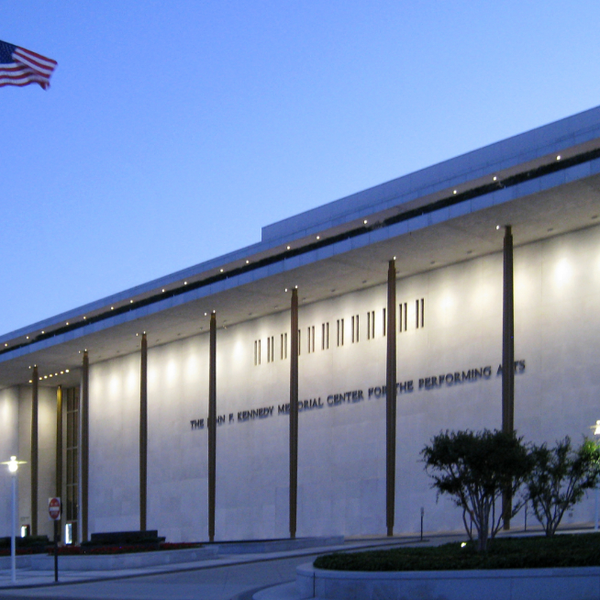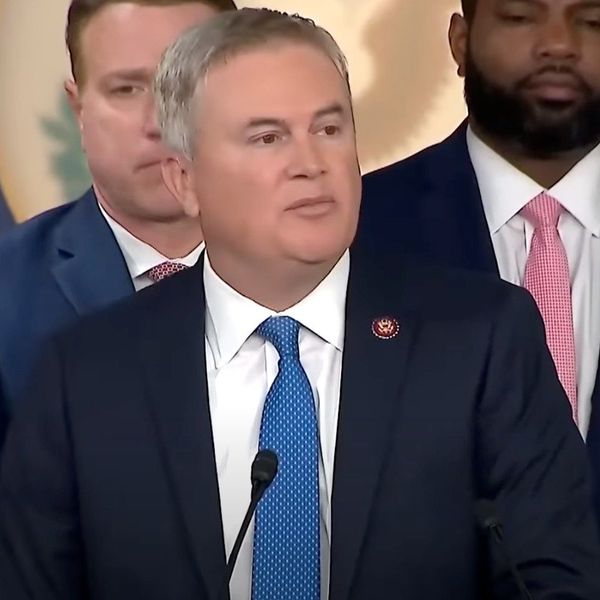The Failure To Raise The Federal Minimum Wage Is A Moral Outrage
Reprinted with permission from DCReport
Very few of the poorest paid workers in America have unions to advocate for them, but many have a proxy for unions: government.
The minimum wage rose in 21 states this month thanks to a combination of ballot measures passed by voters, state laws raising the minimum and automatic inflation adjusters authorized by nine legislatures. These laws set a floor, a minimum standard, of pay.
That’s not as good as it could be. Indeed, it’s a glass-less-than-half-full scenario for the lowest paid American workers in 29 states. For them, the New Year meant continuing to labor for the same old inadequate wages.
Voting out those officeholders who use their power to keep the poor impoverished, especially those who do so while claiming to be Christians, would solve this problem of favoring capital at the expense of labor. It would also save money because people with inadequate incomes use a host of social services that cost taxpayers.
The federal minimum wage increased last in 2009 thanks to legislation signed by President George W. Bush. That law authorized three consecutive annual increases. Since then, Republicans have blocked every effort to raise the minimum wage even as inflation erodes its value.
The $7.25 that took effect in 2009 is worth less than $5.50 in today’s money, the government’s official inflation calculator shows. That calculator tends to understate the effects of rising prices on the poor because they spend so much of their money on food, energy and rent.
Economy Up, Minimum Wage Down
Compare this with1969, when the nominal minimum wage was $1.60. That’s the equivalent of $12.50 today. Our country today is a vastly wealthier country with a Gross Domestic Product per person of $66,144, about three-quarters larger than in 1969. Yet the minimum wage has shrunk dramatically rather than grown in tandem with inflation, the economy or overall worker productivity as lawmakers have bit-by-bit tilted the economic playing field in favor of investors and against workers.
You can check the minimum wage in your state and what effect state law will have on future pay in a report from the Economic Policy Institute, which focuses on the poor and poorly paid workers.
Minimum Wage Workers In 21 States Got A Raise On New Year's Day
States with minimum wage increases effective January 1, 2022 by type of increase

Republicans in Congress block every proposal to raise the federal minimum wage. They claim, falsely, that paying higher wages would ruin many small businesses and would mostly benefit teenagers, neither of which is even close to being true.
Studies of counties that share a border at a state line in which one side raised the minimum wage and the other didn’t find strong earnings effects and no employment effects of minimum wage increases.
Bible Belt States
Sixty percent of minimum wage workers are age 25 or older, the Bureau of Labor Statistics says. The highest levels of workers being paid the minimum wage or less are found in so-called Bible Belt states, which are also among the poorest states. About 5% of workers in Louisiana and South Carolina earn the minimum wage or less as do about four percent in Mississippi.
Raising the minimum wage, numerous studies have shown, may eliminate one in 200 low-wage jobs. The increased pay to the other 199 workers would be vastly greater than the loss of that one job, increasing overall capacity to buy goods and services. That is, raising the minimum wage is a win for workers, for businesses with products and services to sell. Customers have more to spend; tax more revenue flows in and less is spent on subsidies for the poorest workers among us.
The resistance to raising the minimum wage among politicians who shout that they are Christians is especially appalling given the many teachings in testaments Old and New about paying workers what their labor is worth and the Christian obligation to sacrifice for the poor.
The Baylor University Center for Christian Ethics shows simply and eloquently why actual Christians should support a living wage to protect workers against bad employers:
Since the 13th century, Christians have urged employers to pay a just wage—not the low payment that desperate workers will accept, but the amount they would take for their labor if they were neither coerced nor deceived nor bargaining from a vastly unequal position.
Indeed, “remuneration for labor is to be such that man may be furnished the means to cultivate worthily his own material, social, cultural, and spiritual life and that of his dependents,” wrote Pope Paul VI in Gaudium et Spes [the Pastoral Constitution on the Church in the Modern World] (1965).
By itself, this appeal is impractical, says [Prof.] Jerold Waltman. “Unless all employers are equally convinced of the rightness of paying a just wage, and all do so in fact, the unscrupulous employer wins a competitive advantage. Therefore, only a law compelling all employers to pay the just wage will level the playing field.”
Moral Duty
Consider this moral duty to pay a living wage in the context of the law on minimum wages for restaurant and bar workers. President Bill Clinton and Congress fixed the minimum wage in 1993 at $2.13. Adjusted for inflation that’s just $1.10 an hour today.
Waitstaff, busboys and the like must apply their tips to fill the gap between $2.13 and $7.25. That means that the first $5.12 in tips they collect each hour is just a subsidy to the restaurant or bar owner who pays only the federal minimum.
To get an idea of just how hard congressional Republicans are making life for the lowest-paid workers consider this: The average cost of a municipal bus to get to work and back was $3.20 – and that was in 2019. That’s an hour and a half of minimum wage restaurant work just for bus fare.










